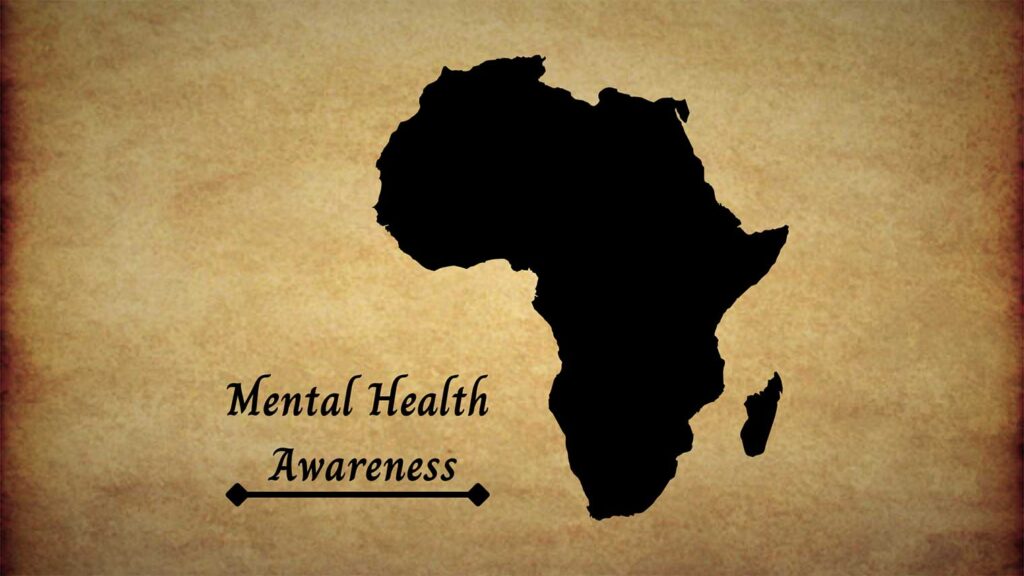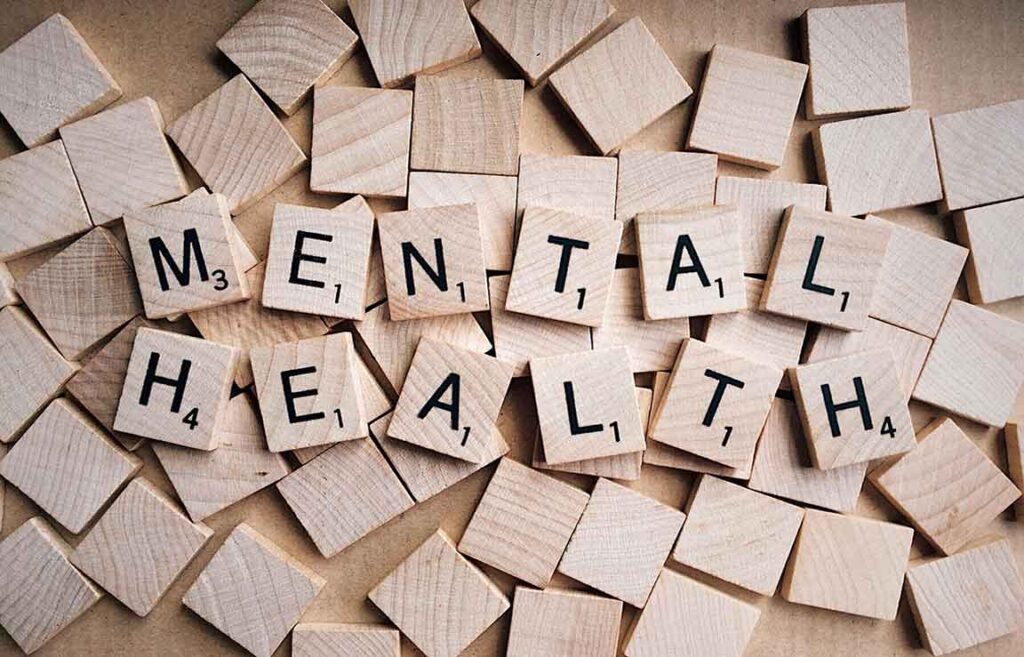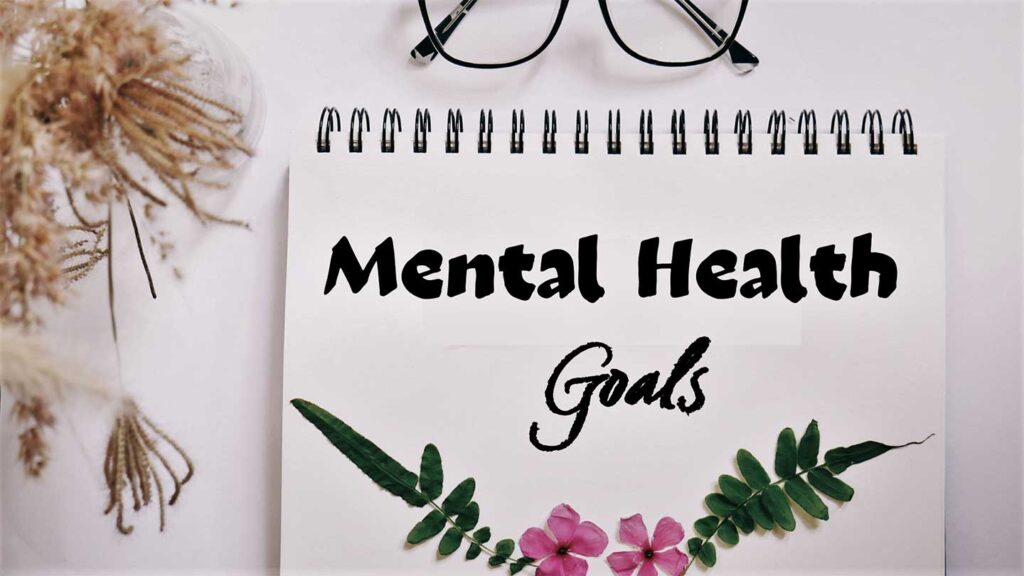By Lovlyn
Although Africa is the world’s largest and second most populous continent, research on suicide in Africa is limited by a lack of systematic data collection.
Suicide is the act of intentionally causing one’s own death. Suicide and suicide attempts cause serious emotional, physical, and economic impacts. But, the good news is that suicide is preventable and everyone has an important role to play to save lives and build a healthier society.
Many African countries are faced with the challenges surrounding suicide and suicidal behaviours. But, there is a lack of comprehensive research and professional help available to tackle with these challenges.
Suicide Rate in Africa
Suicide rates in Africa have been thought to be very low because there isn’t much information known about the incidence and patterns of suicide and suicide attempts across the continent.
Due to the socio-cultural factors of the continent, suicide mortality rates may be underreported, underestimated or kept hidden from the public. This creates a huge limitation for the problems and issues surrounding suicide and suicidal behaviours to be properly addressed.
Studies report on suicide shows higher rates in males than in females. Though, the gender difference in rates may vary across different countries.
Suicide is one of the leading causes of death in young people. But, it doesn’t necessarily mean that only young people die by suicide. Young people experience more stress, this could be due to unmet expectations and demands from their governments. When emotionally overwhelmed, in the absence of people to confide in, they tend to develop suicidal thoughts.
Challenges to suicide also include stigma. Thus, people thinking of taking their own life or who may have attempted suicide are not seeking help, and when they do, may likely not get the help they need.
The prevention of suicide has not been adequately addressed due to a lack of awareness of suicide as a major public health problem. Suicide is one of the taboo topics in Africa and only a few countries have included suicide prevention in their health sector.
There is an urgent need for qualitative studies and research to be done in Africa, to compile reliable suicide mortality statistics. So, raising community awareness and removing the taboo is important for African countries to make progress in preventing suicide.
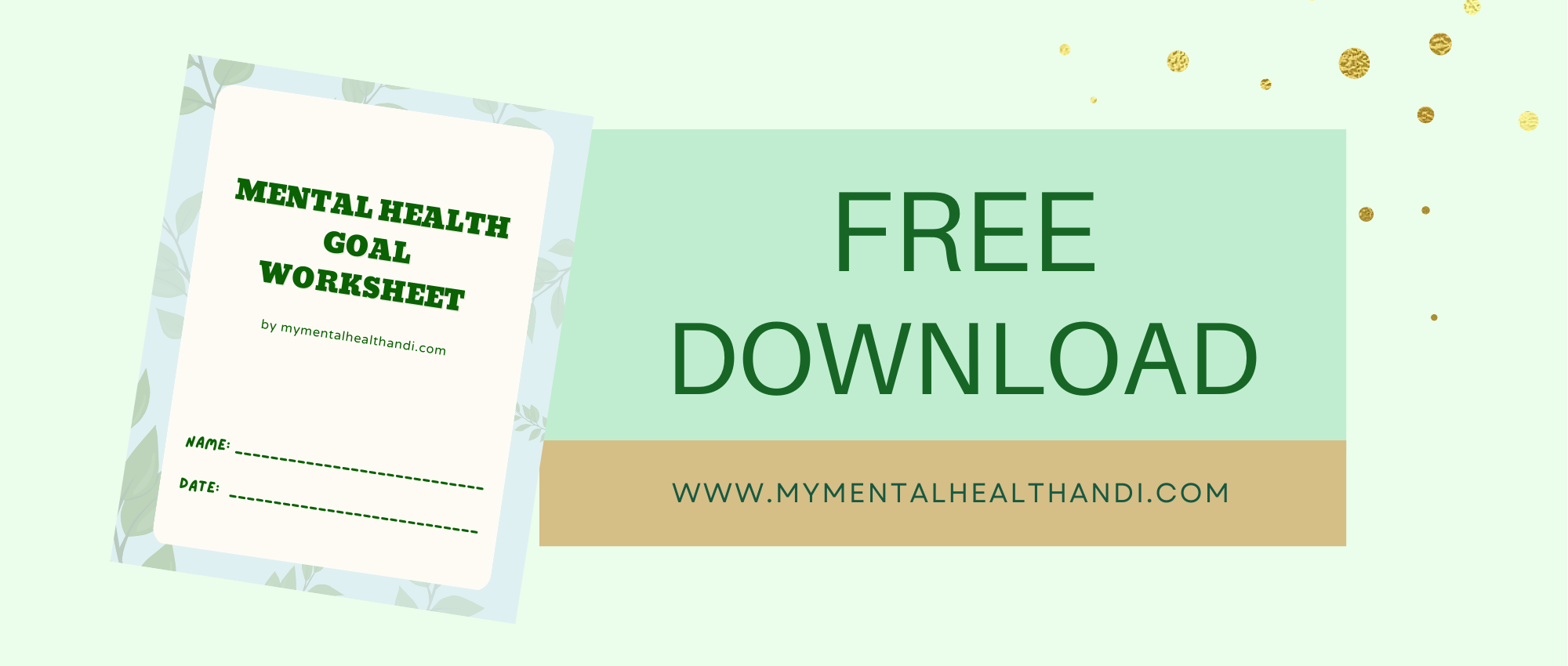 Subscribe to my email newsletter to get a free mental health goal worksheet
Subscribe to my email newsletter to get a free mental health goal worksheet
Risk Factors
The risk factors for suicide in Africa include physical health problems, mental health problems and socioeconomic problems. These problems when individually identified may include;
- Lack of health care, especially mental health treatment
- loss of a relationship
- Poverty/financial problems
- Unemployment/loss of a job
- Stigma associated with asking for help
- Cultural and religious beliefs
- Lack of family or social support
- Mental illness
- Alcohol and other substance use disorders
- Victimization
- Abandonment by a loved one
Note that these risk factors are likely to vary across different regions and cultural groups.
Risk factors are characteristics that make it more likely for a person to consider, attempt or die by suicide, they do not cause or predict a suicide.
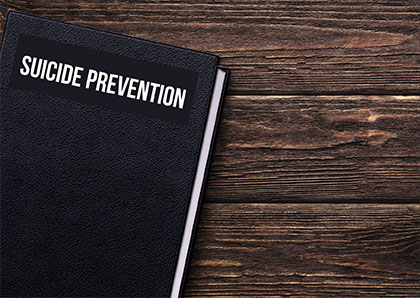
Suicide Prevention
Suicide prevention is measures taken to prevent suicide and suicide attempts. These measures start with recognizing the warning signs and taking them seriously.
Warning signs of suicide:
- Talking or writing about suicide
- Suicidal statements even on social media
- Seeking access to the means to die by suicide
- Social withdrawal
- High-risk and self-destructive behaviour
- Talking about feeling hopeless or having no purpose.
- Increasing the use of alcohol or drugs
- Unusual or unexpected goodbye message
- Putting affairs in order
- Talking about being a burden to others
Prevention steps:
If you notice any of the above-mentioned warning signs in a loved one, you can help save their life by:
- Asking: It is okay to reach out and directly ask if they are thinking about suicide.
- Encourage the person to communicate with you
- Stay connected with them
- Be supportive and listen without judgement
- Be respectful and acknowledge the person’s feelings
- Encourage the person to take steps to get help
- Remove access to harmful objects
- Get resources for assistance and support
In a society where mental health is stigmatized and sharing personal problems could result in being criticized, it is necessary to understand that people may not be open about their struggles. But that shouldn’t stop you from reaching out to them and being supportive in any way you can.
Also read: Why Mental Health Awareness In Africa Is Important
What If Every Suicide in Africa Could Be Prevented?
If all the problems that could result in one taking their own life were to be taken care of, would we possibly have a society with zero suicide? Can every death by suicide be prevented?
First, we need to understand that we live in a world where many things happen beyond human control.
We also need to understand that every single problem facing mankind has never been solved. In other words, human beings are drowned in problems that never end.
Yes, some risk factors can be controlled like unemployment and financial problems, by creating more job opportunities. But how can we possibly control the way one feels over the loss of a loved one or relationship?
Therefore, no matter how alert and diligent people may be, there is no way of preventing all suicides in Africa from occurring.
Measures can be taken to reduce the occurrences of suicide and suicidal behaviours. For this purpose, if we all work together, we can increase the public’s awareness of suicide and get people the support they need.
Conclusion
Thus, the majority of suicides are related to mental health disorders: depression, psychosis and substance use. This is why we must keep creating mental health awareness not just for suicide prevention but also for all other mental health-related problems we face in society.
More research is needed for the implementation of preventative measures, to improve the prediction of suicide in mental disorders.
If you or someone you know is suicidal, call your local suicide prevention hotline. If someone is in immediate danger, please call your local emergency number.
- Nigeria Emergency Hotline: 112
- Nigerian Suicide Prevention Initiative Counselling Centre: 234 806 210 6493



